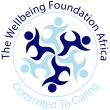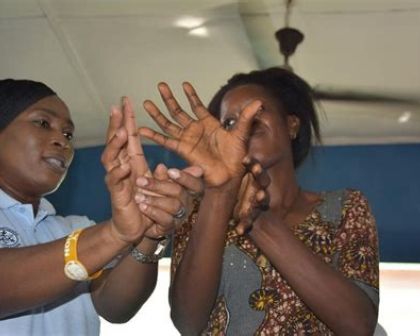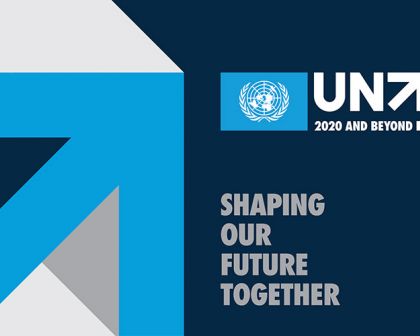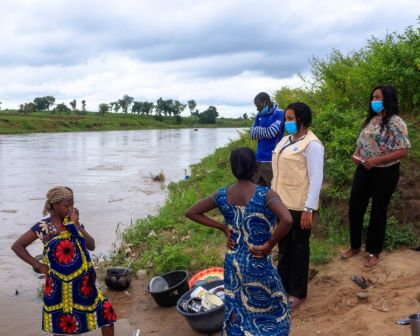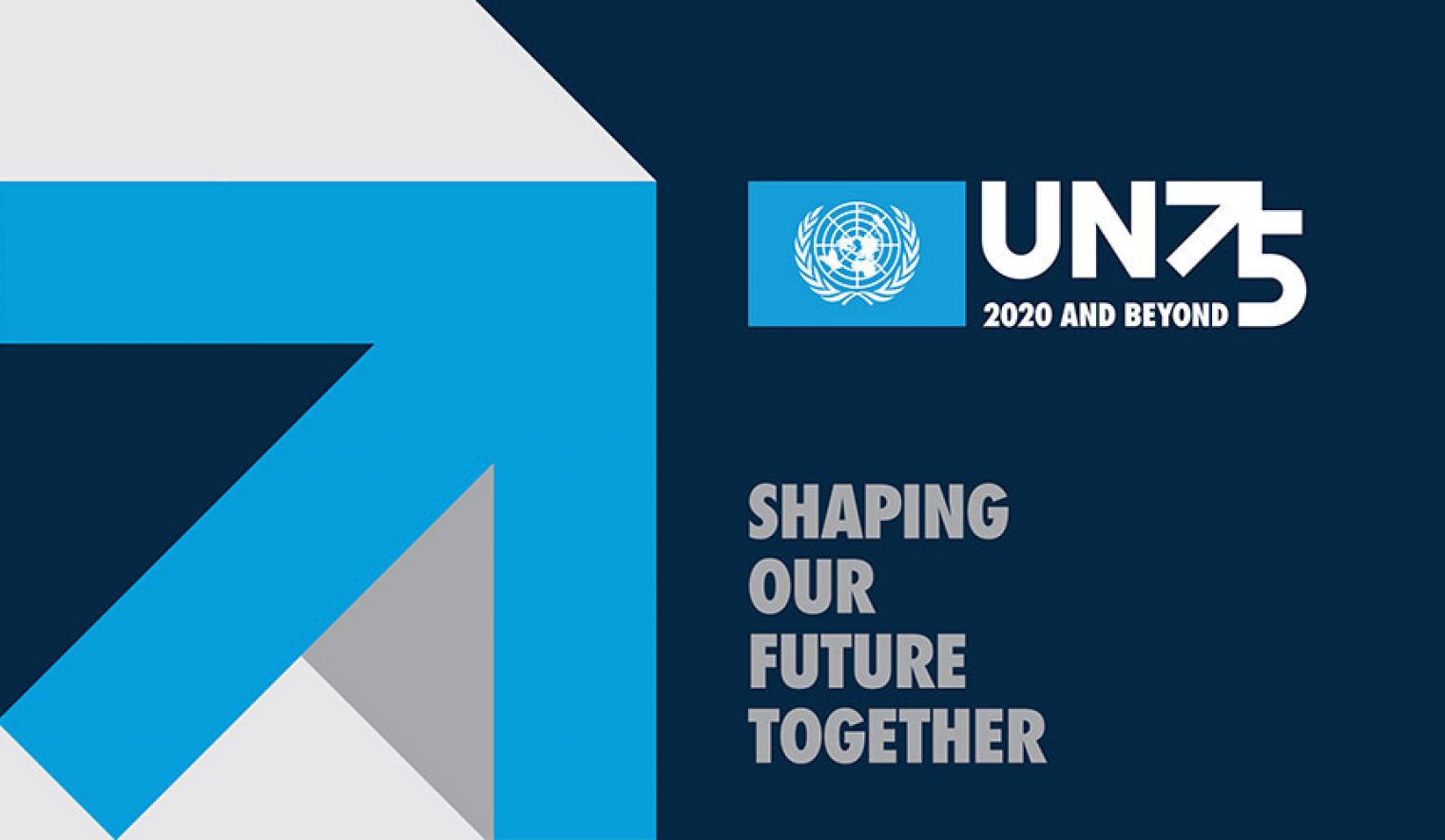
UNGA75: Toyin Saraki advocates for flexible funding for women’s movements as Wellbeing Foundation Africa participates in first ever virtual General Assembly
President of the Wellbeing Foundation Africa (WBFA) and Devex ‘Global Health For All Champion’, H. E. Toyin Ojora Saraki, has advocated for the need for flexibility in the funding of women’s movements in developing countries.
Speaking at the Women in Global Health Security Summit, hosted by Women in Global Health (WGH) during the first-ever virtual United Nations General Assembly, Mrs Saraki joined Dr Leila Hessini (Vice President for Programs, Global Fund for Women), Tikhala Itaye (Chairperson, SheDecides and Executive Director, HeR Liberty Malawi), John Green (Bestselling Author and Co-Founder of The Green Brothers), and Charlotte Wagner (CEO and Founder of the Wagner Foundation) for a session entitled ‘Movements and Their Allies: How Donors Can Support Grassroots Change in Health’.
The session explored what to expect from the funding landscape during and post-COVID-19, while answering questions on how all stakeholders can work towards more donors funding women’s movements, now and in the future. Mrs Saraki urged sponsors of feminist movements to make it possible for recipients to tailor grants to specific needs in their localities.
She said: “We need flexible long-term funding for women’s movements, not just knee-jerk responses to issues. If we are talking about equal relationships, we should be able to take what’s offered and shape it to meet the realities on the ground. If you’re worried about the capacity of grassroots organizations, then look at investing in the systems and infrastructures they work within and reduce the dependency of coming back over and over to funders. Sustained impact is affected when we don’t think of domestic funding.”
Latest figures show that although women’s movements are driving gender equality, only 1% of all gender-focused aid is going to women’s organisations. Additionally, the bulk of aid that does go to women’s organisations goes to international organizations based in donor countries, rather than feminist groups leading context-specific solutions. With COVID-19 highlighting the impact of women’s leadership in communities and on the frontlines, questions are being asked about how donors’ funding for women’s movements can drive transformational change in delivering gender-responsive health systems.
Mrs Saraki also called for improved governance and political leadership structures, stating that these are vital components in building sustainable systems for grassroots organisations that can reduce dependency on donor funds in the long term.
On behalf of the WBFA, Mrs Saraki explained that as the world seeks to fill in gaps and add value to existing global, regional and national coordination mechanisms in the response to the COVID-19 pandemic, donors can support by committing to engage, accelerate, align, and account for women’s and youth participation.
She called for improved data-collection to track funding and enable meaningful impact, noting that without adequate data, programme projections from the boardrooms of funders will prove insufficient on the ground where they’re to be implemented.
“I can’t tell you how many times I’ve analysed a programme from London or New York and then it doesn’t work on the frontline. Disruption to funding needs to be long-term. We need to set our own agenda!”
Mrs. Saraki noted that the pandemic has worsened inequalities in health service delivery, especially for women, emphasising that when policies are not scrutinised through a gender lens, women will continue to be left out of decision making on issues that directly affect their health and wellbeing.
“Women’s movements are absolutely critical because they have the gender lens. We know that women are the most vulnerable, and in any health system that is not strong, women will suffer the most.” She said.
CONCORDIA 10th Annual Summit: Amidst pandemic, WASH Takes Centre Stage for WBFA at UNGA75
The Wellbeing Foundation Africa (WBFA) is proud to join Concordia as a Programming Partner for its 2020 Annual Summit. Since its establishment in 2011, Concordia has actively fostered, elevated, and sustained cross-sector partnerships for social impact.
As a partner, WBFA shares Concordia’s vision of creating a global community where challenges are solved collaboratively and inclusively. It is in this spirit that we participate in this year’s summit to elevate voices and perspectives from across all sectors and levels to advance critical conversations around globally-impacting issues.
The ongoing COVID-19 pandemic has been the most prevalent issue of the last three quarters of 2020 and possibly the last decade. It has revealed the huge gaps in equality — especially around healthcare delivery, and Concordia's decision to host this 10th Annual Summit virtually is a demonstration of the transformation of digital technologies impact on multi-lateral discussions.
Representing WBFA at the Summit, Mrs Saraki, a Member of Concordia's Leadership Council, led a session centered on frontline efforts to prevent disease transmission in the wake of COVID-19. She shared first-hand insight into how stronger collaborations improve health and wellbeing for all, build resilience and encourage comprehensive community health care.
During a session entitled ‘Building A Community Of Best Practice For WASH Impact To Deliver Health For All’, Mrs Saraki called for good water, sanitation and hygiene (WASH) practices through community involvement. She walked the summit through the process WBFA uses to tailor its WASH interventions to meet the specific needs and available resources of individual communities.
“It is important to build a community that is passionate about promoting good WASH practices and advocating for water, sanitation and hygiene facilities to deliver health for all. This Concordia Summit can be that community.
“The Wellbeing Foundation Africa uses sustainable methods tailored to the needs of people in every community, and supports community ownership of WASH programmes and interventions”. Mrs Saraki said.
Share this Article
